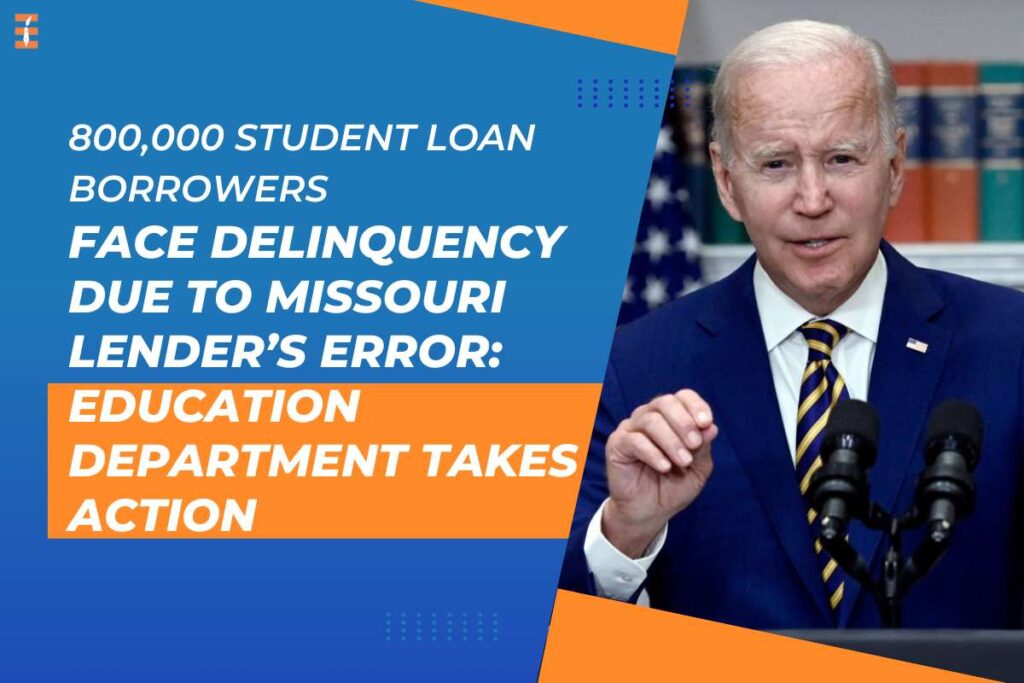The U.S. Department of Education is taking punitive action against the Missouri Higher Education Loan Authority (Mohela), a student loan servicer, due to its failure to send timely billing statements to 2.5 million borrowers. This error resulted in over 800,000 borrowers falling delinquent on their student loans, according to an official statement from the Education Department.
To address this issue and prevent further financial instability for affected borrowers and their families, the department is withholding a payment of $7.2 million from Mohela for October. Furthermore, the department has directed the servicer to place all affected borrowers in forbearance until the matter is fully resolved. Rich Cordray, the Chief Operating Officer of Federal Student Aid, emphasized that the priority is to support borrowers as they return to repayment and fix the flawed student loan system.
This move by the Education Department is significant, as it may mark one of the first instances of the government withholding payment from a student loan servicer. It is seen as a just response to the servicer’s error, given that borrowers are penalized for making late payments, so it is only equitable for the loan servicer to face penalties for sending out late statements, explained higher education expert Mark Kantrowitz.
Mohela has not yet responded to this development:
Federal student loan payments had been paused since March 2020 due to the Covid-19 pandemic but resumed this month, leading to a renewed focus on the efficiency and reliability of loan servicers. The Education Department contracts with various companies to service its federal student loans, including Mohela, Nelnet, and EdFinancial, for which it pays a combined sum of over $1 billion annually, as stated by Kantrowitz.
The government’s decision to withhold payment from Mohela comes after concerns were raised by lawmakers, including Sen. Elizabeth Warren from Massachusetts. In a letter sent to student loan servicers in September, they expressed deep concerns about the servicers’ readiness for the unprecedented return to loan repayment. In response, the servicers acknowledged their apprehensions.
Mohela, for example, stated that it anticipated extended wait times and servicing delays when loan payments restarted. This, however, raised questions about their preparedness, considering they had several months to ready themselves for the transition. Braxton Brewington, the press secretary for the Debt Collective, an organization advocating for debt cancellation, pointed out that even before the pandemic, these loan servicing companies had a track record of mishandling borrowers’ accounts. This raises concerns about the ongoing contracts with such services, particularly given their financial incentives, Brewington noted in a recent CNBC interview.
The penalty imposed on Mohela and the decision to place affected borrowers in forbearance serve as a stark reminder of the significance of efficient student loan servicing and the government’s commitment to protecting the interests of borrowers. The Education Department’s actions are expected to prompt loan servicers to reassess their operations and prioritize the seamless transition of borrowers back into the repayment process.










